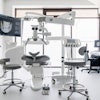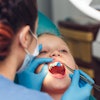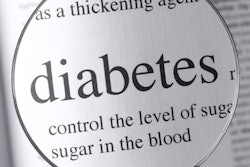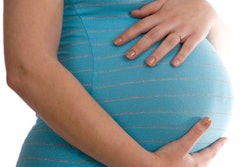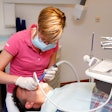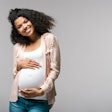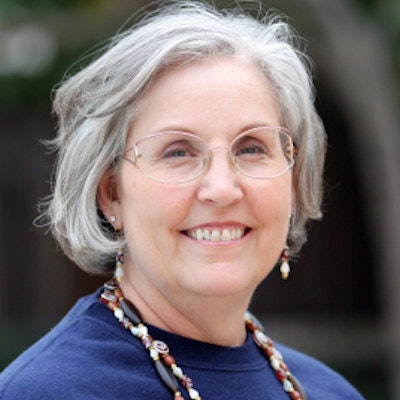
The old saying "Gain a child, lose a tooth" suggests that parents with more children have more missing teeth than people with fewer children. Researchers wanted to see if evidence supported this saying or if it was an urban myth.
Researchers looked at data from the Survey of Health, Ageing, and Retirement in Europe (SHARE) and found there is something to the phrase, at least when it comes to women. They reported that having a third child after two of the same sex was associated with significantly more missing teeth for women when compared with parents whose first two children were different sexes. The researchers found the same was not true of fathers. The study was published in the Journal of Epidemiology and Community Health (March 13, 2018).
"This study provides novel evidence for causal links between the number of children and the number of missing teeth," the authors wrote. "An additional birth might be detrimental to the mother's but not the father's oral health."
The lead study author was Frank Gabel, a doctoral fellow in the section for translational health economics in the department of conservative dentistry at Heidelberg University in Germany.
More kids, fewer teeth?
Tooth loss imposes a substantial burden on a person's quality of life, the authors wrote. Nonexperimental evidence suggests that individuals with more children have more missing teeth than individuals with fewer children, they noted. So the researchers accessed a large database of population information to see if a causal relationship existed between the number of biological children and their parents' number of missing teeth.
“This study provides novel evidence for causal links between the number of children and the number of missing teeth.”
The researchers accessed SHARE survey data on more than 34,800 people age 50 and older from 14 European countries and Israel. They investigated any causal relationship between the number of biological children and their parents' number of missing natural teeth. They also accounted for random natural variations in family size resulting from the birth of multiple children versus single births, as well as the increased likelihood of a third child if the two firstborn children had the same sex.
The average age of survey respondents was 67. The average number of missing teeth per person was 10.
Researchers found a strong causal relationship between the number of children and the number of teeth in women. Women with a third child had an average of 4.27 (95% confidence interval: 1.08-7.46) fewer teeth than women without an additional birth whose first two children were of different sexes. However, the same was not true for men.
Overall, tooth loss increased with age for both sexes, ranging from nearly seven fewer teeth for women age 50 to 70 to up to 19 fewer teeth for men age 80 and older. Researchers found that higher levels of education were linked to a lower risk of tooth loss among women.
Sensible strategies
The researchers acknowledged study limitations, including that their analysis covered only narrowly defined groups of people with particular types of fertility patterns and a relatively small number of the overall population. In addition, it was unknown how much parenting factors, rather than pregnancy-related factors, contributed to the results.
While this study might have been inspired by an old phrase, the authors noted the results suggest sound strategies for oral healthcare policy.
"On the basis of our findings, enhanced promotion of oral hygiene, tooth-friendly nutrition, and regular (preventive) dental attendance -- specifically targeted at expecting and parenting mothers -- seem to be sensible strategies for clinicians and health policy," they wrote.
